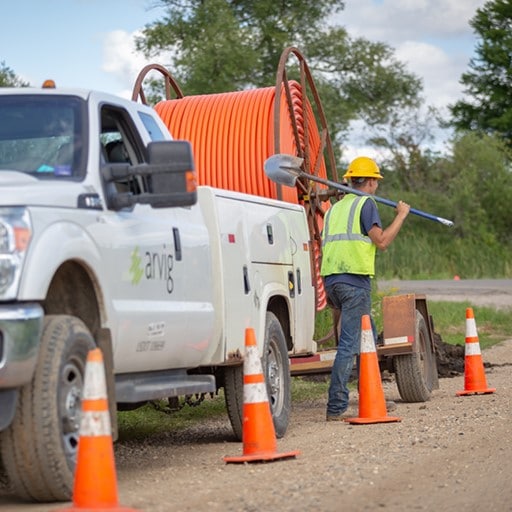The Talent Pipeline Challenge launched last week by the Biden-Harris administration aims to “fill high quality jobs that will help rebuild our infrastructure.” The initiative focuses on three key infrastructure sectors including broadband, along with construction and electric vehicle charging infrastructure/ battery manufacturing.
A White House fact sheet about the Talent Pipeline Challenge lists specific actions requested of employers, training providers and state and local governments to support the initiative.
Employers are urged to partner with and hire skilled workers from at least one training provider in each region in which the employer has operations. Examples of training programs might include a registered apprenticeship program or courses at a community college.
Employers are urged to cultivate a diverse student population and to invest in resources and support such as tuition assistance, child care, transportation costs and emergency aid that, as the fact sheet notes,”can be barriers for worker participation in training programs.”
Training providers such as labor unions, community colleges, and philanthropic organizations are encouraged to partner with employers to create skills training programs or to bring existing programs to scale. The training providers also are encouraged to provide grant funding for employer-training provider partnerships and to defer costs of advanced skills training, particularly for underserved workers.
State and local governments are encouraged to use federal funding to invest in workforce development in the three key sectors. The fact sheet notes that the American Rescue Plan Act (ARPA) state and local fiscal recovery funds can be used toward job training and other assistance to workers negatively affected by the COVID-19 pandemic. The Infrastructure Investment and Jobs Act (IIJA) also has funding that states can use to support workforce development in support of specific projects, the fact sheet notes.
The Talent Pipeline Challenge
The Talent Pipeline Challenge fact sheet also highlights what the federal government is doing to support workforce development in the three key infrastructure sectors, including:
- The IIJA has over $800 million in dedicated funding for job training
- The notice of funding opportunity for the Broadband Equity, Access and Deployment (BEAD) program makes workforce development an eligible use of grant funds. The NOFO also requires states to develop a plan for ensuring an available and highly skilled workforce in order to receive their funds
The fact sheet called out some examples of talent pipeline initiatives that are already underway. Among these examples listed is the Fiber Broadband Association’s Optical Telecom Installation Certification program, which will be piloted at Wilson Community College in Wilson, N.C.
As the government gets set to award tens of billions of dollars toward the cost of deploying broadband to unserved areas, having a sufficient skilled labor force to handle those deployments will be critical. The Talent Pipeline Challenge would appear to be a step in the right direction toward meeting that requirement.



